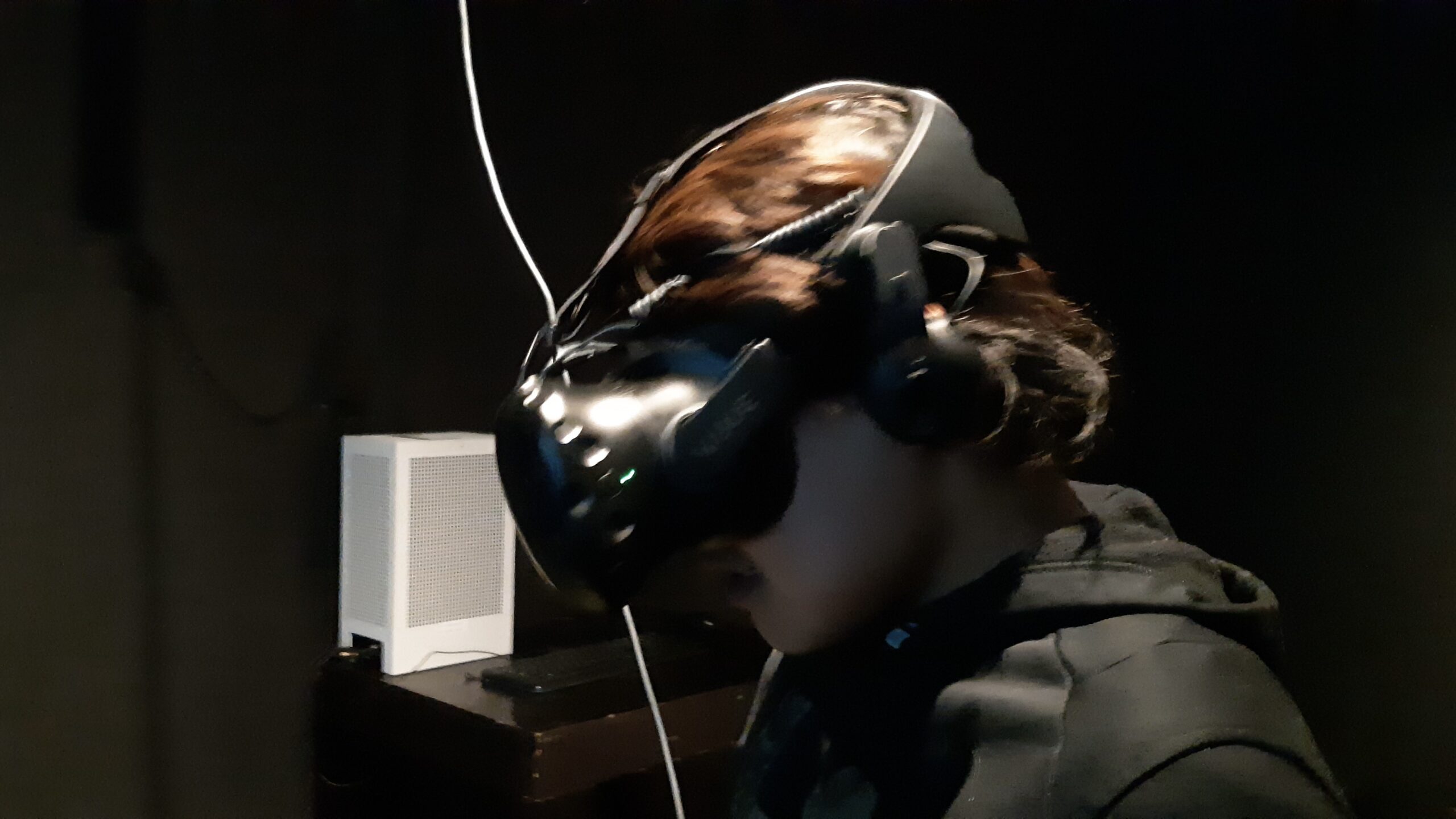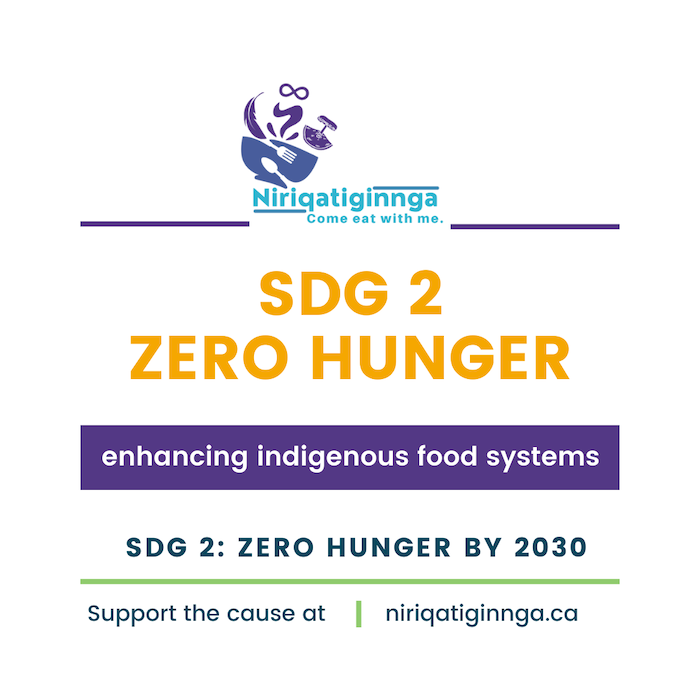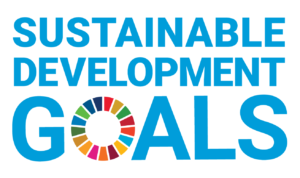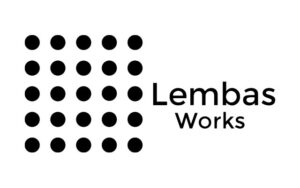This past few weeks there have been many discussions and announcements from the Government of Canada about Arctic Security.
Canada releases new vision for Canada’s Defence
On April 8, 2024, the Prime Minister, Justin Trudeau, and the Minister of National Defence, Bill Blair, released Our North, Strong and Free: A Renewed Vision for Canada’s Defence. At the same time, they also announced a new overall investment of $8.1 billion over five years and $73 billion over 20 years in defence spending to be included in the upcoming Budget 2024.
The new strategy also prioritizes the building of resilience in northern communities and identifies addressing the multifaceted impacts of climate change as key responses to calls for a military that can be responsive to evolving challenges.
In an opening message from the Message from the Minister of Foreign Affairs, the new strategy focuses on Canada’s reliability as a friend and ally that is vital to its own security and sovereignty. Canada is an active contributor to NORAD, NATO, the United Nations system, and wider multilateral institutions and a need to be working with allies and partners to ensure those organizations are resilient, inclusive and fit-for-purpose to meet ever-evolving peace and security challenges.” Minister Joly’s message also stressed that further investments are essential to advancing respect for human rights and gender equality in order to contribute to international peace and security, and demonstrate commitment as a reliable ally. The new strategy also highlights working towards the goal of reaching the 2% defence spending target agreed upon by NATO Allies.
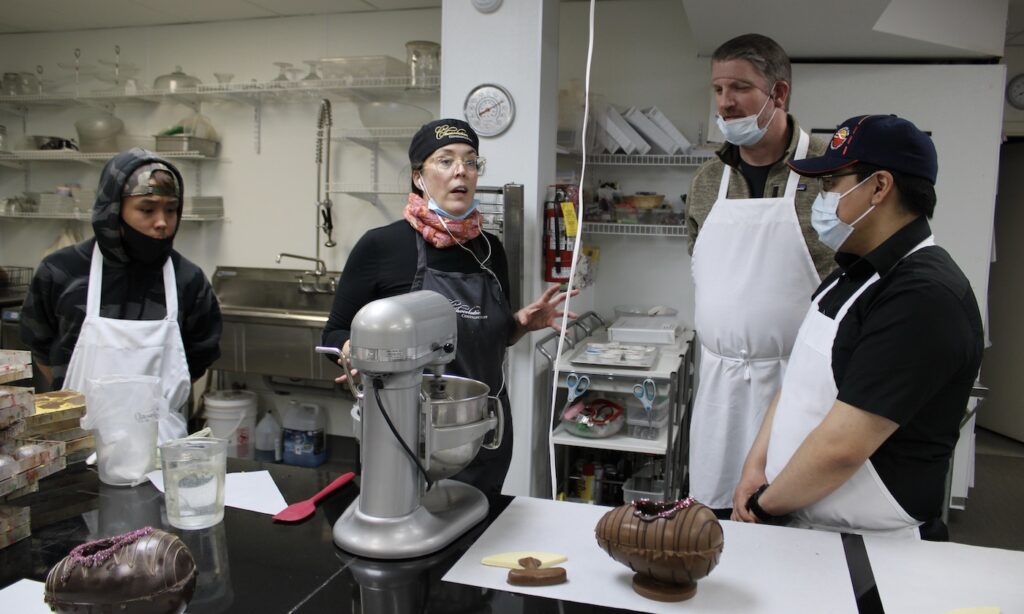
What’s Friendshoring?
There’s also a new term from the 2024 Federal Budget that many have been hearing about lately, called “Friendshoring.” What is this new term, and how does it relate to project activities and participatory research projects like Niriqatiginnga and Our People Our Climate?
The concept of “friendshoring” is gaining traction as countries, including Canada, respond to recent global events that have underscored the vulnerabilities within critical supply chains. Friendshoring involves the strategic reevaluation and reinforcement of supply chains by deepening economic ties with trusted allies and like-minded democracies. This approach aims to mitigate risks associated with overreliance on unstable or adversarial nations for essential goods and services.
In line with the principles of friendshoring, Canada’s new strategies aim to strengthen domestic supply chains, particularly in regions vulnerable to the destabilizing effects of climate change. There’s an increasing need to invest in infrastructure and to foster collaboration with local communities, industries and to enhance Canada’s resilience and self-sufficiency in key sectors. This not only aligns with the government’s objective of enhancing economic ties with trusted partners but is also intended to contribute towards the transition towards a net-zero economy.
The new Canadian Defence Strategy emphasizes the importance of fostering deeper strategic relationships with allies to address emerging threats and challenges. Integrating the concept of friendshoring into defence planning, Canada aims to bolster its role as a reliable and secure supply chain partner. Budget allocations towards mobilizing private investment and enhancing economic capacity align with this vision, reinforcing Canada’s commitment to supporting allies and promoting stability in the global economic landscape.
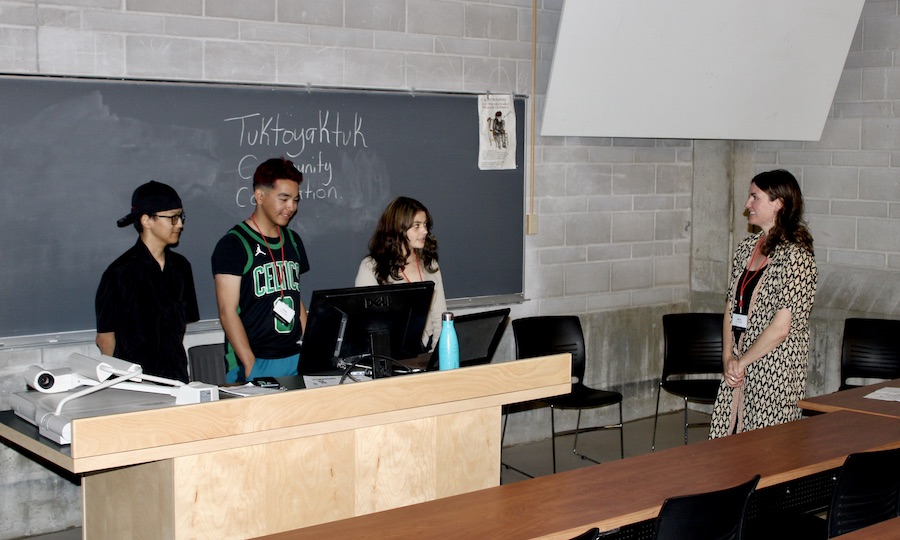
Climate Change and its Destabilizing Impacts on the Arctic and Northern Regions
Climate change poses severe security challenges for Canada, particularly in the Arctic and northern regions, where impacts are being felt disproportionately. With the Arctic warming at four times the global average, increased accessibility attracts foreign actors with military ambitions, such as Russia and China, seeking strategic advantages and resources.
This necessitates a shift in Canada’s defence strategy towards greater presence, mobility, and responsiveness in the Arctic to safeguard sovereignty and protect against intrusions. Strengthening domestic defences, including diplomatic, security, and military capabilities, will not only secure Canada’s interests but also contributes to global security by supporting NATO’s western and northern boundaries. Strategic investments are needed to ensure Canada’s readiness to respond to emerging threats and reinforces its role as a valued partner in international alliances and partnerships.
The new strategy also outlines how climate change poses significant challenges to global stability, exacerbating state fragility and intensifying competition for dwindling resources, particularly in regions vulnerable to its effects. This instability extends to vital maritime trade routes and energy infrastructure, affecting Canada’s economic prosperity. As well, an increasing reliance on cyberspace presents new vulnerabilities, with cyber-attacks disrupting critical infrastructure and undermining national security. Canada’s commitment to addressing these complex threats through multilateral efforts underscores the interconnectedness of climate change, cyberinfrastructure, and international security. As nations continue to grapple with these challenges, new strategies and approaches will be essential to mitigate their far-reaching impacts and to safeguard global stability.
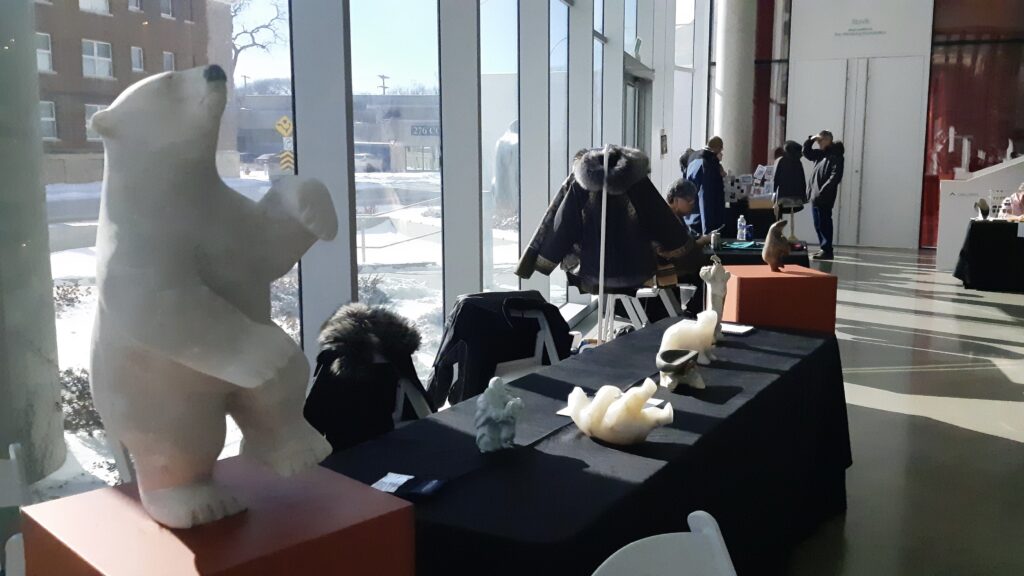
Supporting Local and Regional Capacity Building through Economic Development
It’s also a topic increasingly being raised by politicians. In April sessions of the Standing Committee on National Defence, Liberal Member of Parliament for Saint-Laurent, Emmanuella Lambropoulos, highlighted the importance of infrastructure upgrades and an enhanced armed forces presence in the North. Minister of National Defence, Hon. Bill Blair, emphasized the need for multi-use infrastructure that supports both civilian and military operations, underscoring the mutual benefits of investing in Northern communities.
There are many opportunities to engage with local and regional Chambers of Commerce, northern and Indigenous-owned businesses and even the arts and culture economy. For example, the Kivalliq Chamber of Commerce Strategic Plan for 2022-2024 has exploring opportunities for Kivalliq businesses to participate in opportunities associated with Canada’s Arctic defense strategy as a strategic priority. In particular, the chamber’s strategy includes identified needs such as defense procurement; assessing future local and regional supply chain opportunities associated with regional defence initiatives; and advocacy efforts for the Federal Government to better understand regional needs and capabilities.
We can’t manage what we can’t measure
For projects like Niriqatiginnga and Our People Our Climate, the focus on technology adoption, innovation, and strategic partnerships mirrors the demand for modern tools and capabilities within both mixed civilian and military environments. There is a growing need to meet the evolving needs of defence but also an imperative for deeper and more strategic relationships with community, local industry and academia that contributes to advancing economic reconciliation.
The federal government has acknowledged that Canada currently lacks detailed statistical data that governments, public institutions, academics, and advocates need in order to make fully informed, evidence-based policy decisions and to effectively address racial and social inequities. Meaningfully addressing these actions will require collaboration between Indigenous, federal, provincial, and territorial governments. Capacity building in this area has been identified as being required in order to contribute to health and social systems free of racism and discrimination. That’s why this summer Niriqatiginnga’s Youth, Arts and Media Team members will be learning to collect and communicate baseline data, in partnership with Northern and southern non-profits, industry and academia.
Initial recommendations for measurement and reporting criteria are drawn from targeted priorities of the Arctic and Northern Policy Framework, the Federal Pathway to Address Missing and Murdered Indigenous Women, Girls and 2SLGBTQQIA+ People, Global Affairs Canada’s Action Plan on Reconciliation with Indigenous Peoples, Canada’s National Action Plan on Women, Peace and Security (2017-2022), the Framework to Build a Green Prairies Economy and the 2023-2028 Action Plan for Implementing the United Nations Declaration on the Rights of Indigenous Peoples Act. Additional measurement criteria will be added throughout the project.
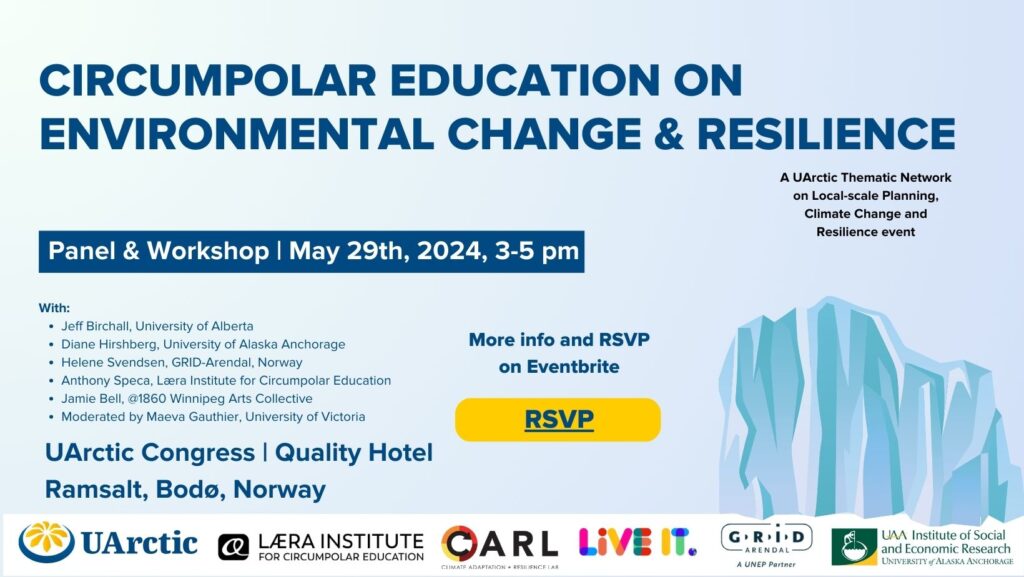
Get involved and take part!
Join us this summer in supporting the Our People Our Climate Winnipeg project team in its mission to address the intersection of climate change, security, and economic development in the Arctic and northern regions. Your involvement can make a meaningful difference in shaping policies and initiatives that promote sustainability, resilience, and community well-being. Whether through advocacy, volunteering, or sharing your ideas, there are numerous ways to contribute to this vital cause. Send us a message at web@niriqatiginnga.ca we’d really like to hear from you!
From May 29 – June 3, 2024, students and researchers who have supported Niriqatiginnga and Our People Our Climate will be gathering in Bodø, Norway during the 2024 Arctic Congress for a special side-event workshop and panel discussion with the UArctic Thematic Network on Local-scale Planning, Climate Change and Resilience. The overall goal of the panel and workshop is to explore ways to establish new relationships and strengthen existing ones; and to develop collaboratively a locally-centered and student-focused education program. A key outcome will be the co-creation of a new circumpolar education program on environmental change and resilience.
We encourage students, researchers, programs and organizations to join in and take part in this important conversation and thank the University of the Arctic for supporting these international collaborative activities.
For more information and Related Reading:
Click here to read the full version of Our North, Strong and Free: A Renewed Vision for Canada’s Defence.
Enhancing Our People Our Climate: Building Resilience through participatory and organizational capacity building with the Minneapolis College of Art and Design.
Nunavut’s Human Rights Vacuum: Failures Amplify Northern Barriers
April 5, 2024 – The absence of a Human Rights Commissioner in Nunavut perpetuates a cycle of impunity, allowing discrimination against Indigenous individuals to go unchecked. Read More »
Learning about the Global Affairs Canada Action Plan on Reconciliation
March 15, 2024 – Our upcoming sessions with the Arctic Congress 2024 in Bodø align with Global Affairs Canada’s commitment to advancing reconciliation with Indigenous peoples and promoting sustainable development in the Arctic region. Read More »
Contact us for more information, or visit our news updates at: https://niriqatiginnga.ca.
Thanks and Acknowledgements:
We would like to thank the Minneapolis College of Art and Design, University of Minnesota Duluth, OpenAI and its Researcher Access Program for supporting our Niriqatiginnga project activities. We also acknowledge funding and support from Manitoba Agriculture and the Sustainable Canadian Agricultural Partnership – Indigenous Food Systems program, and the Innovation, Science and Economic Development Canada Indigenous Intellectual Property Protection Program. The Niriqatiginnga Youth, Arts and Media Team is funded by Agriculture and Agri-Food Canada and the Government of Canada’s Youth Employment and Skills Program.
(Video and music by Tony Eetak, @1860 Arts).

